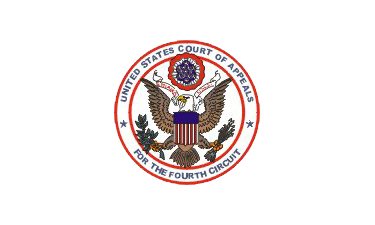Prison officials can be held liable for prisoner safety
Jeremy M. Lazarus | 4/21/2015, 10:51 a.m.
Prison officials can be liable for damages if they ignore obvious risks to the health and safety of a prisoner who ends up being harmed, the 4th U.S. Circuit Court of Appeals has ruled.
On a 2-1 split, a panel of the court issued that decision in a Virginia case that could shake up the monitoring of prisoners in state facilities.
The case involves a man then imprisoned at the supermax Wallens Ridge Correctional Center in Big Stone Gap in Wise County.
The prisoner, Adib Eddie Makdessi, who claimed he was beaten and raped by a cellmate in 2010, said he reported the attack, but prison officials did nothing until he had to be hospitalized.
A lower court dismissed the suit brought by Mr. Makdessi, who is serving a life sentence for murdering his wife and another man in Virginia Beach in 1996.
The lower court found that several officials he sued “did not actually know of the substantial risk of harm Mr. Makdessi faced” and so could not be held liable despite the repeated complaints he had filed.
In its ruling, the appeals court panel overturned the lower court’s decision.
The officials named in Mr. Makdessi’s suit include Capt. Arvil Gallihar, Lt. Tracy Fields and Sgt. Christopher King, who had responsibility for overseeing the pod in Wallens Ridge where Mr. Makdessi was held and who maintained they were unaware of Mr. Makdessi’s situation.
In the appeals court decision written by Judge James E. Wynn Jr., and in which Judge Diana G. Motz concurred, the panel found “that prison officials may not bury their heads in the sand and thereby skirt liability.” Rather they may be held accountable when a risk is so obvious that it had to have been known.”
Judge Wynn wrote that the officials should have been aware of the risks to Mr. Makdessi. He was known to be a small, middle-aged man with physical and mental ailments, the judge wrote, which made him “vulnerable to harassment and attack” and forced him to pay for protec- tion from other prisoners in seeking to ensure his safety.
Mr. Makdessi’s repeated oral and written complaints, as well as the fact that the younger, bigger and stronger cellmate who allegedly attacked him was known to be an aggressive member of the Gangster Disciples gang, should have triggered awareness, not “deliberate indifference,” the judge wrote.
Judge Dennis W. Shedd dissented, arguing that the panel should defer to the decision of the lower court, which he said had carefully reviewed the evidence in finding no liability in what was effectively a bench trial.
Unless the state appeals the decision, the case would be returned to the lower court to again consider the liability of the three officials named in the suit.







